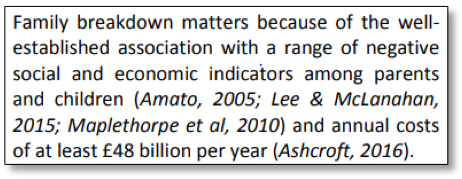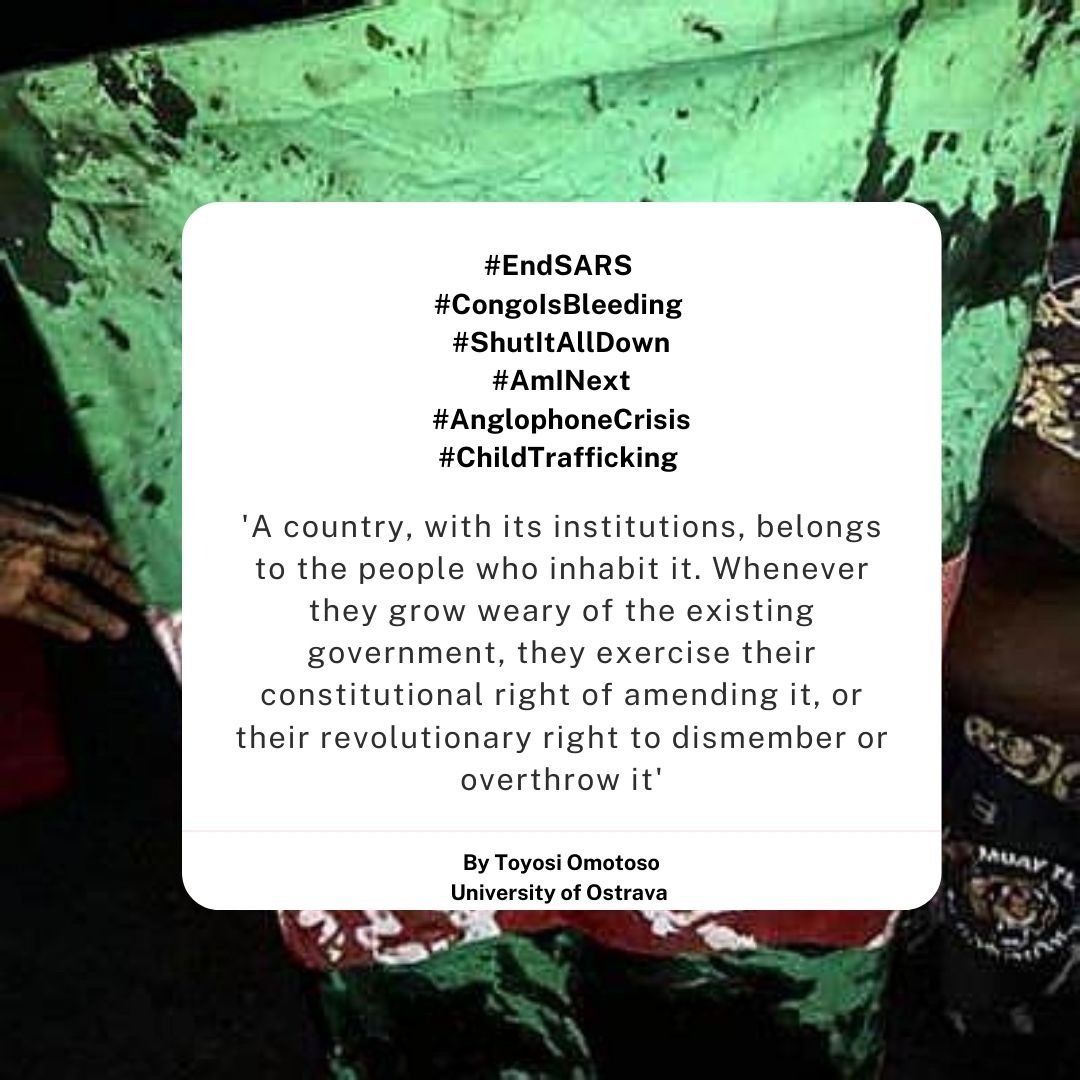Hot topics: youth mental health

So close, yet so far away.
If you’re anything like me, you take pleasure in letting the world know your every move… whether that is going on a holiday with friends, going out to party after a stressful exam period or simply relaxing at home with family. Why is it that in a society where we are more connected than ever with the launch of apps like Facebook (2004), Snapchat (2011), and Instagram (2010), we still feel lonelier than ever? Why are we so close, yet so far away; so connected, yet so disconnected?

Figure 1 : The RSPH report says that "social media may be fuelling a mental health crisis" in young people.
Universities UK reported that since 2007 they have seen a fivefold increase in the number of students disclosing mental health conditions, putting ever increasing pressure on the current student mental health services. For young people growing up in this new social media age, the long-term psychological effects are only in the beginning stages of research and analysis.
We can already see however, that social media has led to a widespread decrease in face to face contact, with a huge amount of importance placed on keeping up with one’s appearance, presence and popularity online- thus creating a world where perception trumps reality. It could be said that young people are increasingly indulging in toxic levels of self-comparison, rather than addressing the vital issues in one’s own home and mental space.

This age has also seen increases in the breakdown of the nuclear family and worsening student debt and academic pressures. In the past abuse and trauma were the most prominent risk factors for poor mental health; our world is now more complex than ever. As our world is rapidly developing, it is the duty of our government and NHS mental health services to evolve and develop with it, in order to be able to deliver the necessary and early psychiatric intervention therapies.


Figure 2: Study from survey by Marriage Foundation UK.
In the recent green paper on children and young people’s mental health, the UK government confirmed its previous commitment of £1.4bn with an additional £300 million to this area over five years. This funding has been adapted to focus on frontline mental health services, early intervention and training non-healthcare professionals such as teachers and youth workers to recognise those who may be suffering from mental health issues. This implementation has been a long time coming because it has shown -especially with the current obesity epidemic- that shifting some responsibility to schools and local councils is more effective than sole responsibility lying with the local CCG.
On the other hand, what if the increase in the number of students disclosing mental health conditions is a good thing? Albeit, it may seem that more young people are suffering from mental health problems, but what if it is simply more young people coming out of their shell and seeking help rather than bottling it up. In my opinion this should be seen as a sign of improvement, as more people engaging in self-reporting conveys a greater willingness to share feelings, which indicates a betterment of public mental health literacy.
Transparency is of utmost importance when it comes to mental health, and there often comes a point in life where one must take more notice of the world around them, whether that be through having more open and honest conversations with friends and family, or taking a moment to self-analyse and see how we might be affecting the mental health of those around us through our actions. It is only then-with cooperative engagement, that we might finally be able to take control of the mental health crisis plaguing our youth.
For more information on mental health services in the UK available please visit:
Article written by Gideon Adegboyega.
Edited by Elina Daitey.










